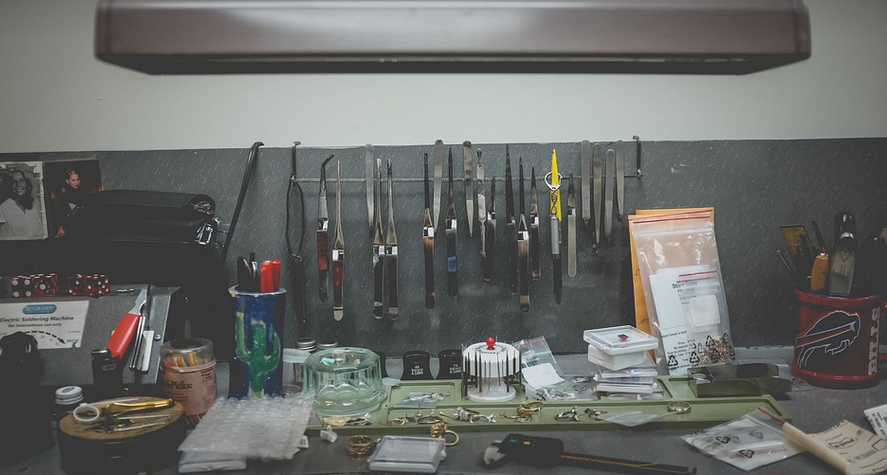
Do Pawn Shops Buy Knives?
A Comprehensive Guide to Selling Your Knives at a Pawn Shop
Thinking about selling your knives, but aren’t sure where and how to go about it? You might be surprised to learn that pawn shops are often a good option for those looking to get quick cash back for their used blades. Whether you’re dealing with a trusty pocket knife or a cherished collection of hunting tools, pawn shops can offer a viable path towards exchanging your valuable items for immediate financial gain.
There’s a certain allure to the idea of “selling at a pawn shop.” The convenience factor is undeniable. You don’t have to deal with online listings, long wait times, or even shipping costs. It’s all about quick transactions and cash in hand. But before you jump on that table-top-sized scale out in your garage, let’s explore the ins and outs of pawn shop purchases for knives.
First off, it’s important to understand what type of knives pawn shops usually buy. Remember, not every pawn shop is created equal, so there will be some degree of variation in their policies and expertise. However, a general consensus emerges when we consider the types of knives that are commonly accepted.
Knife dealers, especially reputable ones with an established history, tend to focus on specific categories: everyday carry (EDC) knives, hunting knives, and pocket knives. These are often considered high-value items due to their inherent practicality, durability, and sometimes even artistry. If your knife fits into these categories, you’re likely to find a more favorable offer at a pawn shop.
You might be wondering: how do pawn shops determine the value of your knives? Well, it’s all about understanding their business model. Pawn shops operate on a profit margin. They need to cover operational expenses and generate a return for their investors, so they calculate the “buy price” based on several factors.
One critical factor is the condition of the knife. Is it brand new in its original packaging? Or has it seen some wear and tear from use? How well-maintained is it? A pristine, undamaged knife with all its accessories will fetch a better price than one that’s scratched or battered.
The next significant factor is the brand name. Well-known brands like Spyderco, Gerber, Benchmade, and Kershaw tend to hold higher value than generic manufacturers. They’ve built their reputation on quality craftsmanship and trust, which translates into a higher buying price for pawn shops.
Lastly, the type of knife plays a role in determining its value. Hunting knives are often more desirable as they offer functionality and a degree of historical significance. Pocket knives, especially those with unique designs or sentimental value, are another common category that finds favor at pawn shops.
Selling your knives to a pawn shop is not without its tradeoffs. While getting cash quickly is a big draw, it’s essential to be aware of the potential downsides.
Firstly, pawn shop offers might fall short compared to the market value. Remember that they operate on profit margins, so their initial offer may be lower than what you could potentially get by selling your knives online or at specialized knife shops.
Secondly, consider the limitations of pawn shopping. You run the risk of receiving a lower price if your knives are not in top condition or if the specific knife models aren’t popular among their clientele. It’s important to understand that pawn shops may also be less adept at handling rare, vintage, or antique knives.
Lastly, and perhaps most importantly, selling your knives through a pawn shop might limit the flexibility of your transaction. Pawn shops are often more focused on immediate cash exchanges than on providing negotiating power for higher prices.
Before you head to your local pawn shop, remember that there’s a lot to consider beyond just selling your knives for the most money possible. Research their reputation and policies beforehand, ensure your knives are in top condition, and be prepared to negotiate if you believe the initial offer is too low. Think of it as an opportunity to find out more about the market for knives and how to maximize your earnings.
Ultimately, selling your knives to a pawn shop can be a viable option for those seeking quick cash or wanting to clear out some valuable items from their collection. But by understanding the nuances of this process – the types of knives they buy, their valuation methods, and potential downsides – you can make an informed decision that aligns with your financial needs.
Remember, there’s no one-size-fits-all solution when it comes to selling your knives. The best approach is to weigh all options, consider your specific goals, and choose the path that works best for you.